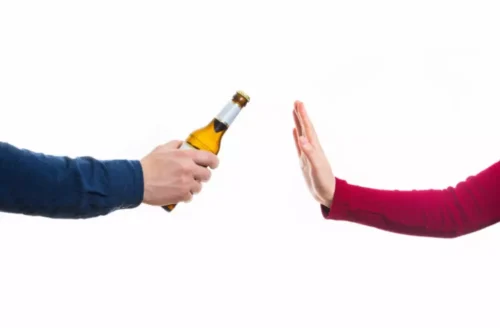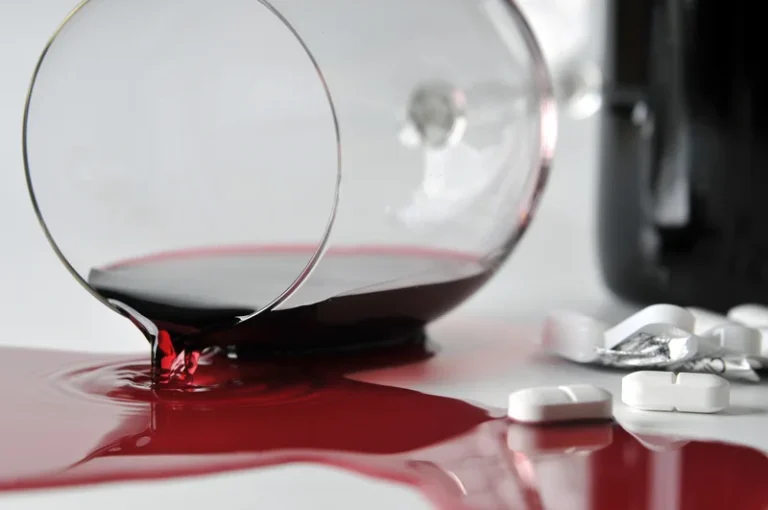
People who are dependent on energy drinks experience mood swings, headaches, and feelings of lethargy when they attempt to reduce consumption. Understanding these risks and signs can lead to timely interventions, allowing teens to receive the support they need. If there are concerns about a teen’s use of alcohol, seeking guidance or professional help can be beneficial.

The 4 R’s Stages of Recovery
Early in life, these changes can become permanent structural changes, leading to problems with mental health, addiction, or behavioral struggles throughout life. Teenagers are more likely to binge drink (consume more than four or five drinks in a two-hour span) compared to their adult counterparts. Adolescent girls were more likely to perform poorly on tests involving spatial functioning while boys struggled with tests involving attention. Teenage drinking is a serious issue that can have long-lasting effects on a young person’s life.
Coping and support
Among incarcerated people who had a mental health struggle, 81 percent reported abusing alcohol in the month before they were incarcerated. The social and behavioral consequences of prolonged energy drink consumption include family strain, impaired social relationships, increased impulsivity, and aggression. A study published in ABC News Australia found that high caffeine intake, especially when combined with stress, triggers psychotic symptoms like hallucinations and delusions. Just five cups of coffee, or 200mg of caffeine, is enough to cause these effects, supporting the link between excessive caffeine in energy drinks and psychosis. No, energy drinks do not cause erectile dysfunction (ED), but energy drinks do contribute to other factors that lead to ED.

Behavioral Changes
- For further assistance, parents can read about how to talk to kids about prescription drug abuse or learn what steps can be taken if they feel their child is battling an addiction or dealing with a friend’s overdose situation.
- Unravel the symptoms of severe depression, from physical signs to cognitive impairments, and find hope.
- And if they are lonely or dealing with stress, teens may use substances to distract from these feelings.
- Some rehabilitation centers that mostly cater to adults may accept and treat teens as well.
- Formerly known as alcoholism, alcohol use disorder (AUD) can affect people of all ages.
- Self-assessment helps identify patterns like cravings, inability to reduce intake, and the impact of energy drink use on daily life.
Such programs provide a structured setting where teens can receive comprehensive care, including medical monitoring, counseling, and support geared towards addiction recovery. Alcohol use among individuals aged 12 to 20 encompasses 3.2% of all alcohol consumed in the United States and is often linked to binge drinking patterns, which are more common in this age group than in adults 2. Approximately 90% of all alcoholic beverages consumed by youths are attributed to binge drinking. Recent reports from the National Institute on Alcohol Abuse and Alcoholism (NIAAA) highlight the extent of alcohol consumption among youth. In 2023, approximately 5.6 million youth aged 12 to 20 reported drinking alcohol beyond “just a few sips” in the past month.
- The pressures of the adolescent years are well-known, and they stem from both social factors and actual hormonal changes.
- Explore Cory Monteith battling addiction, his journey, struggles, and the lasting impact on those he loved.
- Rehabs centers for teens and young adults are located throughout the country.
- Explore how addiction is a family disease, affecting dynamics, finances, and recovery for everyone involved.
Combining Phentermine and Alcohol: The Risks

In some cases, psychological assessments are used to evaluate the extent of dependence and related behaviors. Teens benefit from much of the same treatments that adult alcoholics can benefit from, but there are some factors that make teen rehab unique. Teenagers tend to be bigger risk-takers and are often more emotionally motivated then adults, and alcohol abuse in teens can be tied to these factors. Teens also tend to take the opinions of their peers more seriously than those of adults, and there is considerable evidence that peer-based group counseling is especially helpful for teen drinkers. Teens are also especially like to suffer from co-occurring mental health issues that contribute to their alcohol use. Once a teenager abuses alcohol on a regular basis, he or she develops physical dependency and tolerance just as an adult does.

It’s essential to seek help from professional teen alcohol rehab centers to provide the necessary support, guidance, and resources to help your teen recover. Therefore, people who take these medications can also participate in mutual support groups that advise members not to replace one drug of addiction with another. Medical interventions are necessary for individuals with severe energy drink addiction or those experiencing significant health effects. Counseling and therapy are effective tools for treating energy drink addiction by helping individuals understand and change their relationship with energy drinks. The high caffeine content in energy drinks potentially affects hair growth by disrupting hormonal balances, particularly increasing levels of dihydrotestosterone (DHT), a hormone linked Substance Abuse In College Students to hair thinning.
- Damaging this system means that a person can cause harm to their reproductive system, physical growth, and emotional wellbeing.
- For example, adolescents more frequently binge substances, are slower to recognize their use is a problem, and are more likely to have a dual diagnosis mental health disorder than adults.
- Furthermore, screening the parent(s) for substance use and psychiatric disorders and referring them for treatment may improve family functioning.
- The Navigator will steer you toward evidence-based treatment, which applies knowledge gained through decades of carefully designed scientific research.
- Treatment for mental health disorders such as ADHD, depression, or eating disorders needs to be considered.
With that said, some research suggests that people who drink alone as teenagers are likely to develop AUD as adults. Formerly known as alcoholism, alcohol use disorder (AUD) can affect people of all ages. Before talking with your teen, it may be helpful to speak with a healthcare provider who specializes in addiction to obtain guidance.8 They can help walk you through ways to support your teen without blame or lecturing. The types of confrontational interventions you see on TV can lead to shame and a refusal to get treatment. Many people with alcohol problems and their family members find that participating in support groups is an essential part of coping with the disease, preventing or dealing with relapses, and staying sober. If your provider suspects that you have a problem with alcohol, you may be referred to a mental health provider.
Regular participation in support groups offers emotional encouragement while replacing energy drinks with alternatives such as water or herbal teas helps reduce cravings. Additionally, identifying and managing triggers, such as stress or social situations, is important for preventing relapse. To cope with energy drink withdrawal, it’s helpful to use gradual reduction, stay well-hydrated, and practice mental strategies to manage cravings. Reducing caffeine intake slowly helps lessen withdrawal symptoms, while hydration supports the body in adjusting to lower stimulant levels. Mindfulness or stress-reducing activities also help manage the irritability or anxiety that arises.